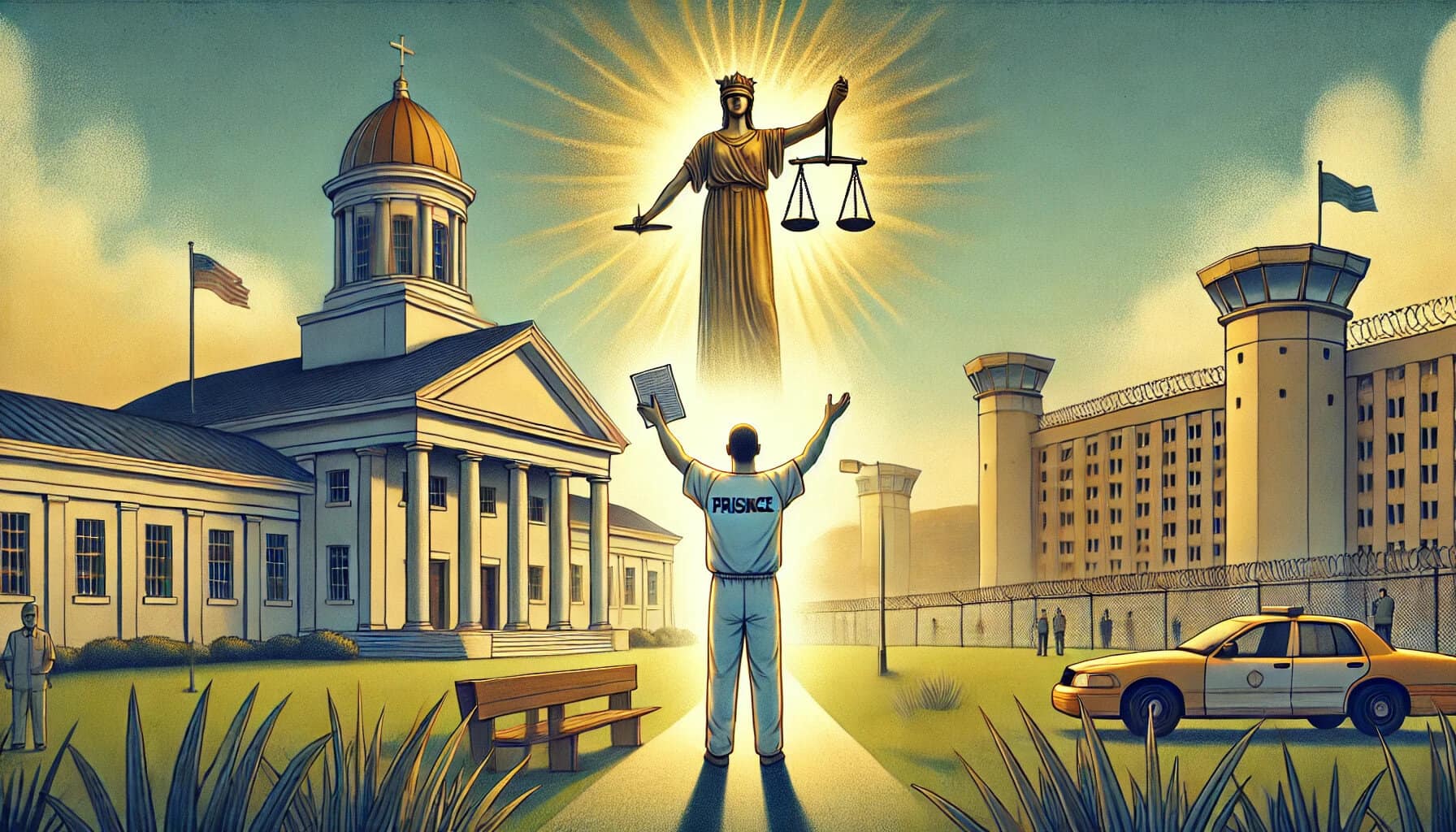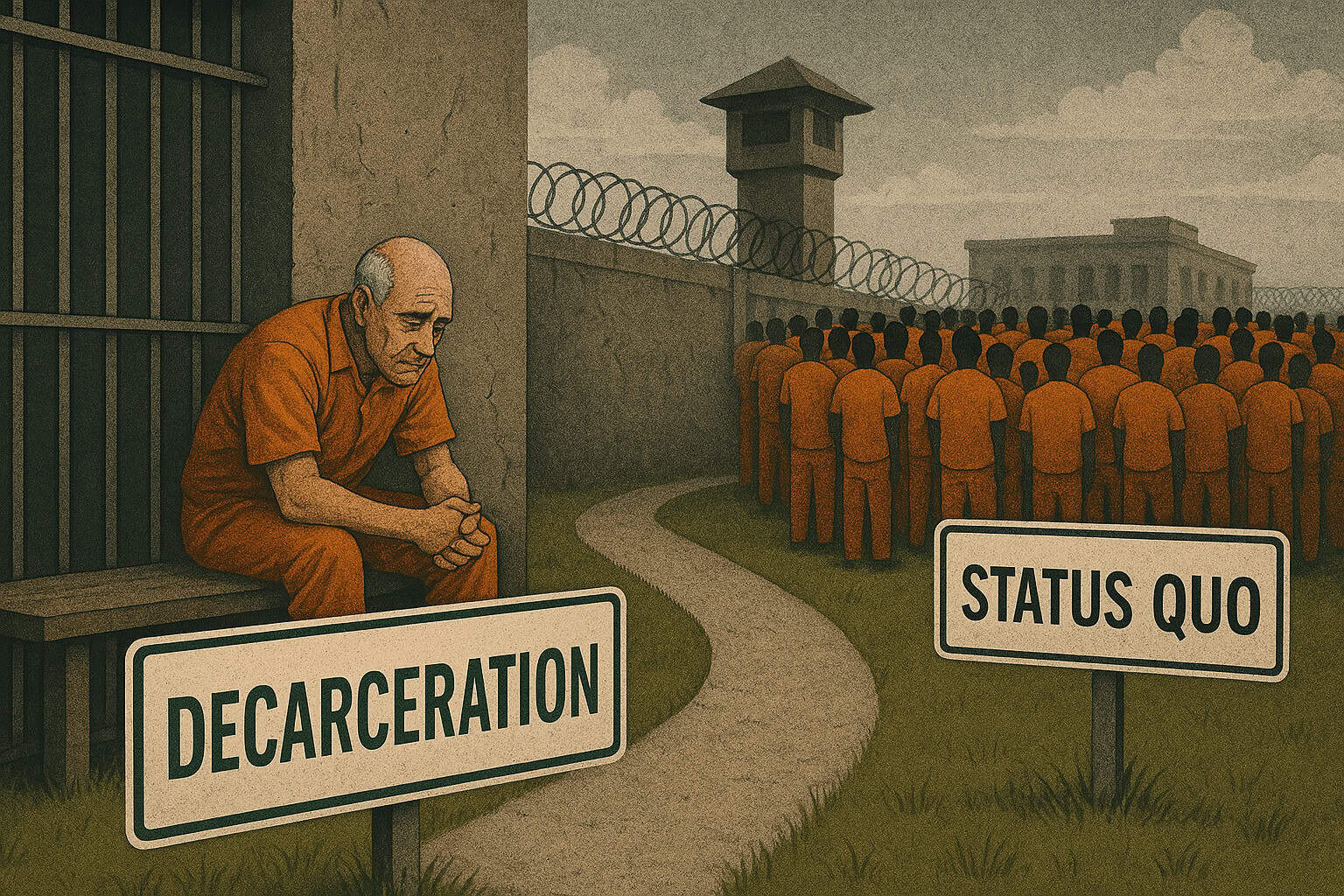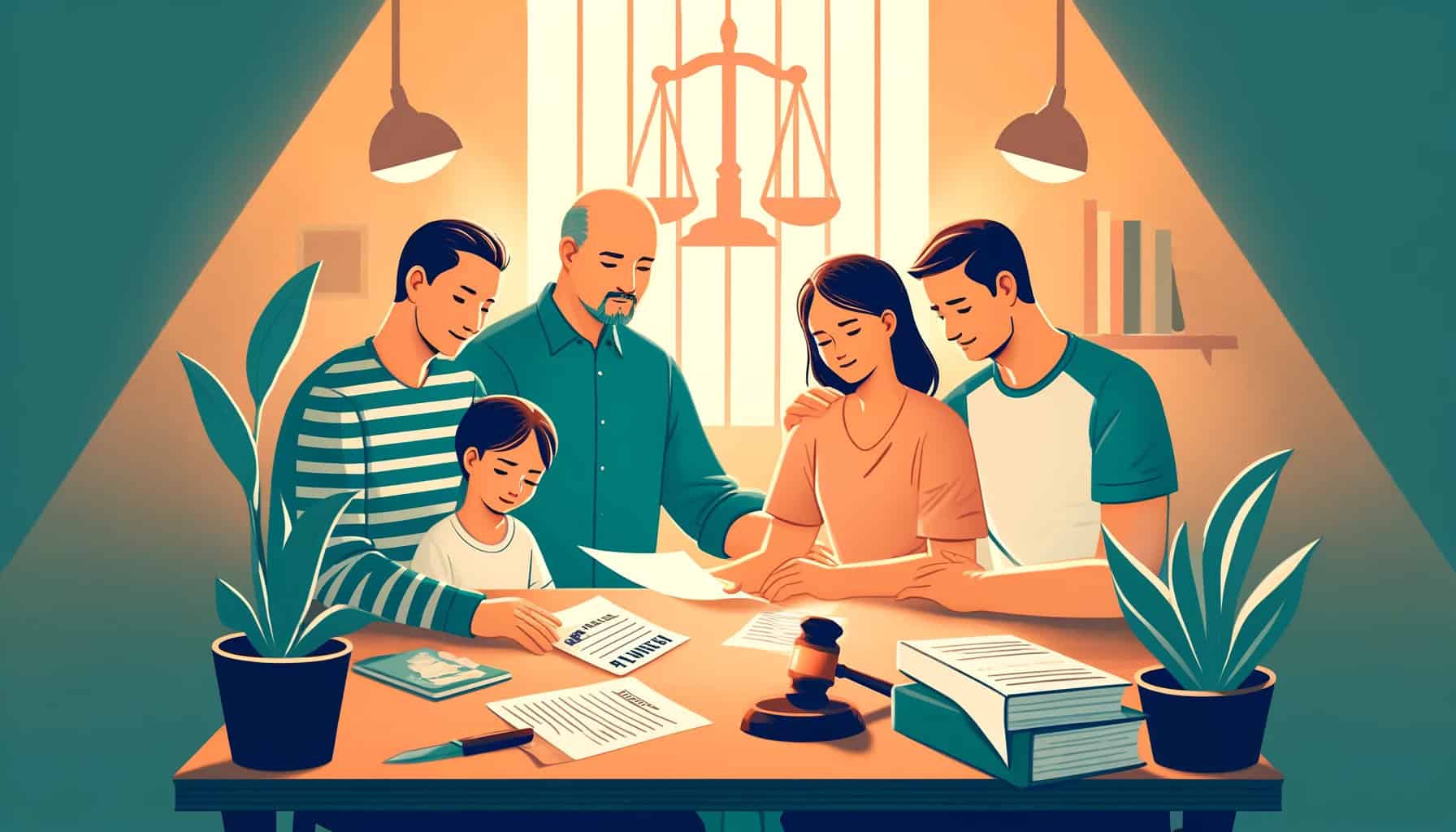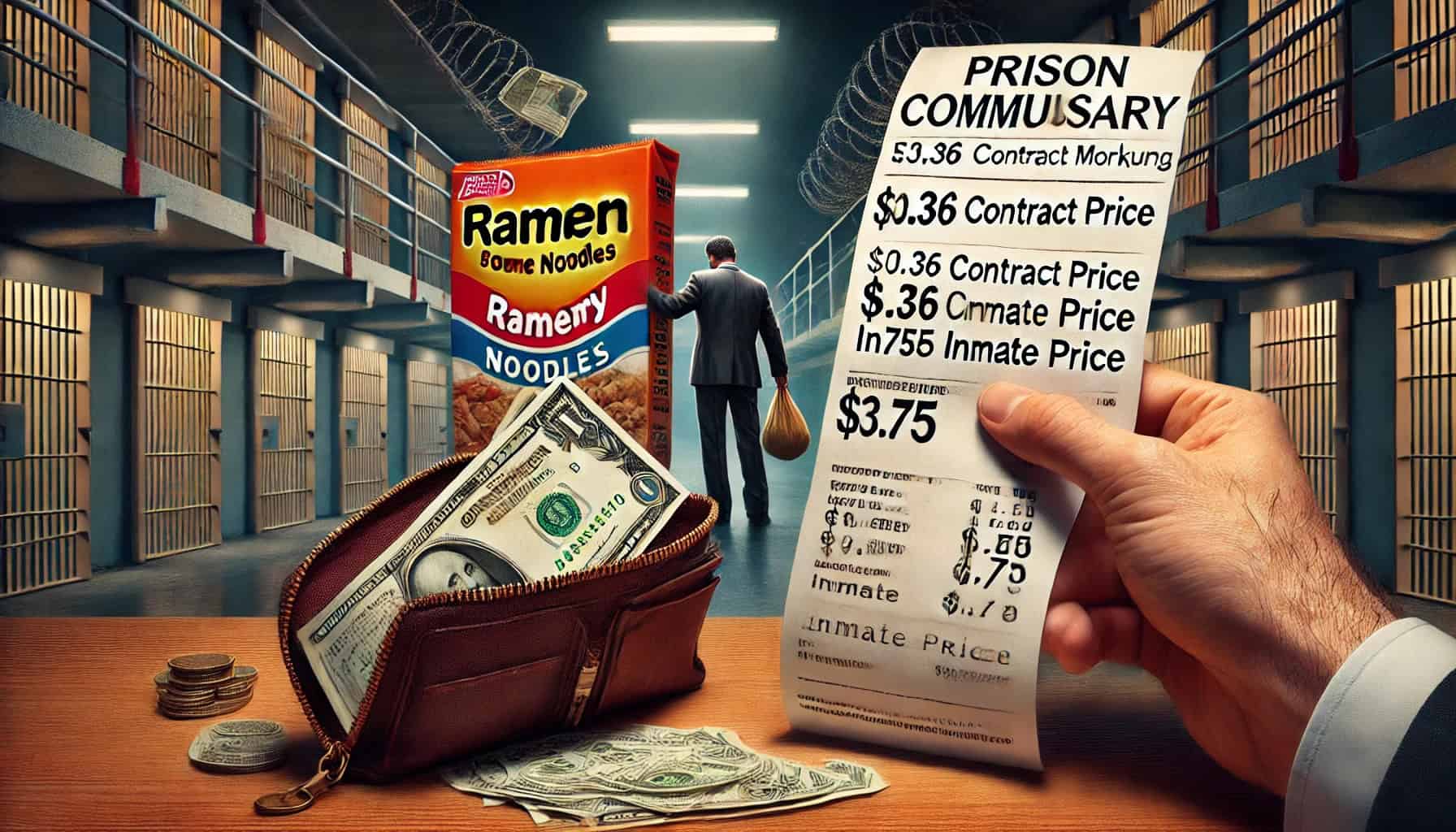Press Releases
Heat, Humidity, and the Constitution
In Georgia’s sweltering summers, prisons become life-threatening ovens, subjecting inmates to unbearable heat and humidity. Recent federal court rulings in Texas declared similar conditions unconstitutional, exposing how extreme temperatures violate basic human rights. Could this landmark decision pave the way for urgent reforms in Georgia? Read on to discover why advocates must act now—and how a groundbreaking lawsuit could finally end this cruel punishment.
Death by Neglect: Georgia’s Prison Medical Care Crisis
Prison shouldn’t be a death sentence, yet in Georgia, medical neglect has become routine, costing inmates their health, dignity, and too often, their lives. Behind bars, preventable illnesses escalate unchecked, while families endure the agony of silence and inaction. This is a humanitarian crisis hidden in plain sight—one that Georgia can no longer ignore.
Unqualified and Unprepared: Leadership Failure in Georgia’s Prisons
Georgia’s prisons are in crisis—and the root cause is deeper than you think.
Decades of insular promotions, inadequate training, and resistance to outside expertise have created a leadership vacuum with devastating consequences: rampant violence, widespread corruption, and staggering human and financial costs. How did Georgia’s prison system become trapped in this cycle of dysfunction, and what can be done to fix it? This article uncovers the troubling reality behind the walls, explores why current leadership practices are failing, and offers concrete, actionable solutions—including the urgent need for decarceration—to build a safer, more humane correctional system.
The stakes are high, and the time for change is now.
Downsize to Rightsize: Georgia’s Prison Crisis Needs Urgent Action
Georgia’s prisons have spiraled into crisis: overcrowding, violence, and deteriorating conditions have overwhelmed correctional officers. It’s time to acknowledge that the current system is unsustainable. Decarceration isn’t just compassionate—it’s necessary for safety, management, and restoring basic human dignity.
How to Help Your Loved One Find Post-Conviction Legal Assistance in Georgia
Do you have a loved one in prison in Georgia?
Post-conviction relief options like habeas corpus petitions, sentence reductions, or claims of innocence can offer real hope—but finding the right attorney is crucial. Our new guide walks you step-by-step through understanding the legal options and finding specialized lawyers and organizations who can help your family. You’re not alone—read more here and start advocating for your loved one today!
Who’s the Real Criminal? How Georgia Steals money
The Georgia Department of Corrections isn’t just locking people up—it’s shaking them down for every penny. Through a no-bid contract with Stewart’s Distribution, commissary prices have been artificially inflated, forcing inmates and their families to pay double, sometimes triple, the real cost of basic necessities like ramen noodles and coffee. Meanwhile, millions of dollars in inmate funds vanish into a black hole, with no public audits, no oversight, and wardens openly admitting that these funds pay for prison staff perks. Who’s the real criminal here?
Read the full story to uncover how Georgia’s prison system is stealing from the very people it claims to rehabilitate.








